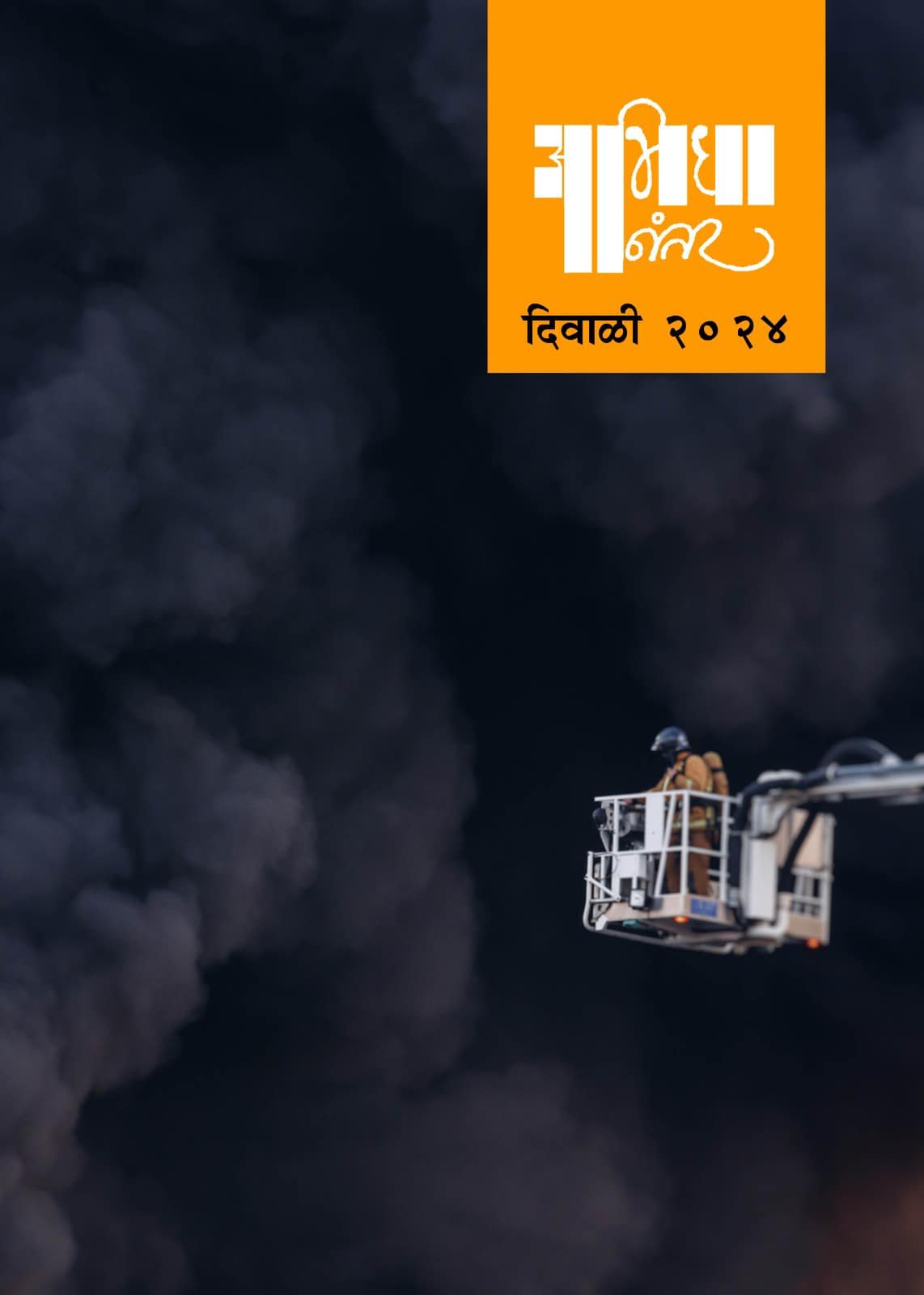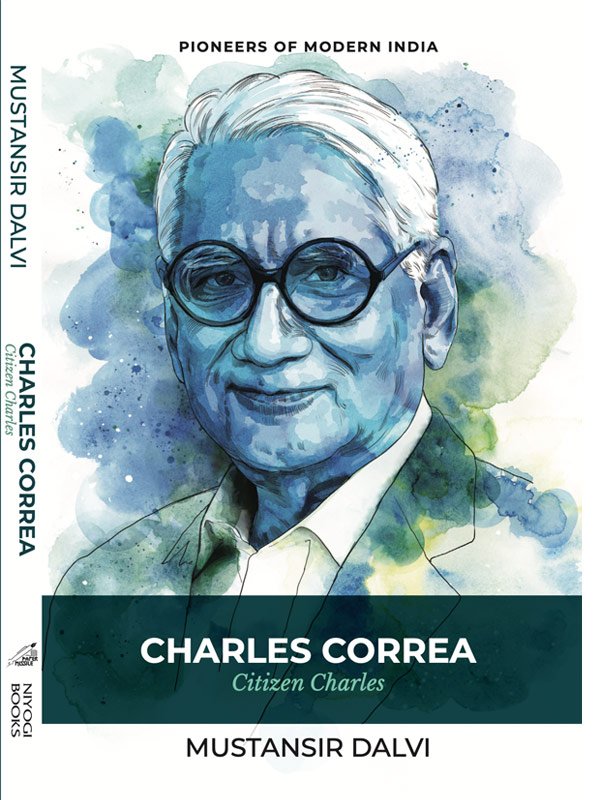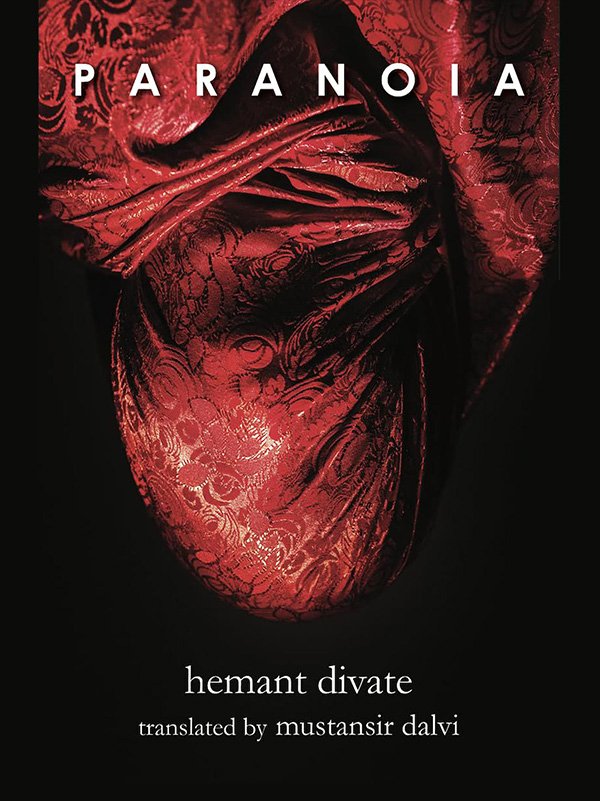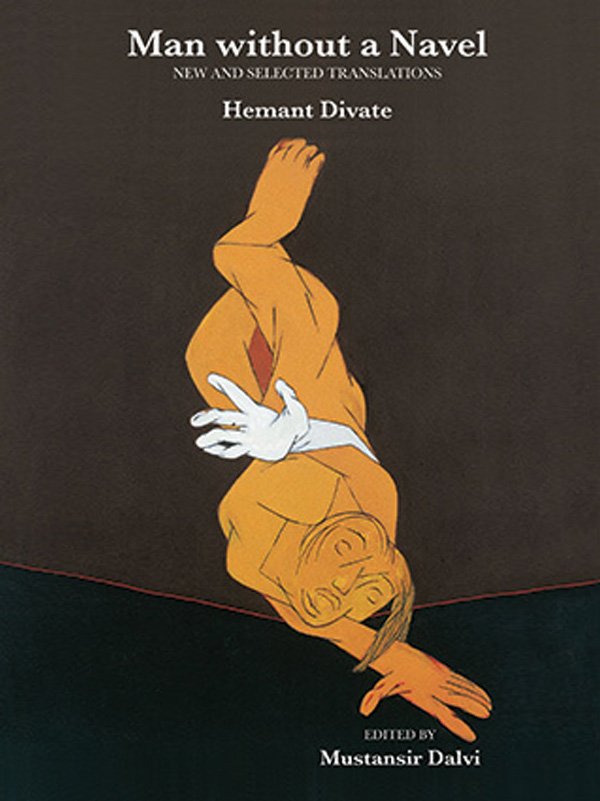Man without a Navel
New and selected translations by Hemant Divate.
Hemant Divate writes of his world, of his everyday embedded-ment in it. A prisoner of his own reality, he is aware of his incarceration. Words are his only sharpened spoons or knotted bed-sheets of possible escape, but they record his failures to do so, time after time. Each recourse in his product laden, consumerist mall-fantasies are additional scratches on his prison walls, where he marks his days, measured out in poetry. His situation in Mumbai – his Arthur Road, his Alcatraz in the twenty-first century allows him the use of every object at his disposal, every cultural signifier, every linguistic tic, just so long as he remains an inmate.
Divate’s appreciation of his situation is acute, for he has seen life outside the cage. In the freedom of his youth, in breathing the unfettered air of his village, he grew up in places where the innocence of childhood was not cancelled out by the meta-reference, where he was ‘the free bird/ who lustily blew his whistle during the jatra’; three parts vagabond and one part flaneur, and no one minded. In his adult life, he has hung on to this waywardness that has worked its way into his language, which is one part Marathi as she is written, two parts Marathi as she is spoke and one part everything else.
Divate has always been conscious of his Marathi precedents. In his poetry and his writings, indeed in his choices as a publisher of new poetry he critiques the penchant for Marathi poets to rely on clichés, and sentimentality, crutches he would say, that several poets writing in Marathi have based their popularity on. In choosing to go beyond these tropes, he wanders into waters that are murky. Language has changed over the years, in this PoGo (post-globalised world). Divate offers no leeway to those hanging on to the past.
In both his themes and his voices, Hemant Divate roots himself in the contemporary authentic, allowing his translators neither distance or objectivity, dragging them down, with him, into the dirty city that he inhabits. Moriarty and Holmes, inevitably have both to go over the Reichenbach Falls. It remains to be seen who emerges to tell the tale.
Translated from the Marathi by Dilip Chitre, Mustansir Dalvi and Sarabjeet Garcha. Edited by Mustansir Dalvi
More Books

Mustansir Dalvi Yanchyashi Samwad with Manya Joshi

Charles Correa: Citizen Charles

